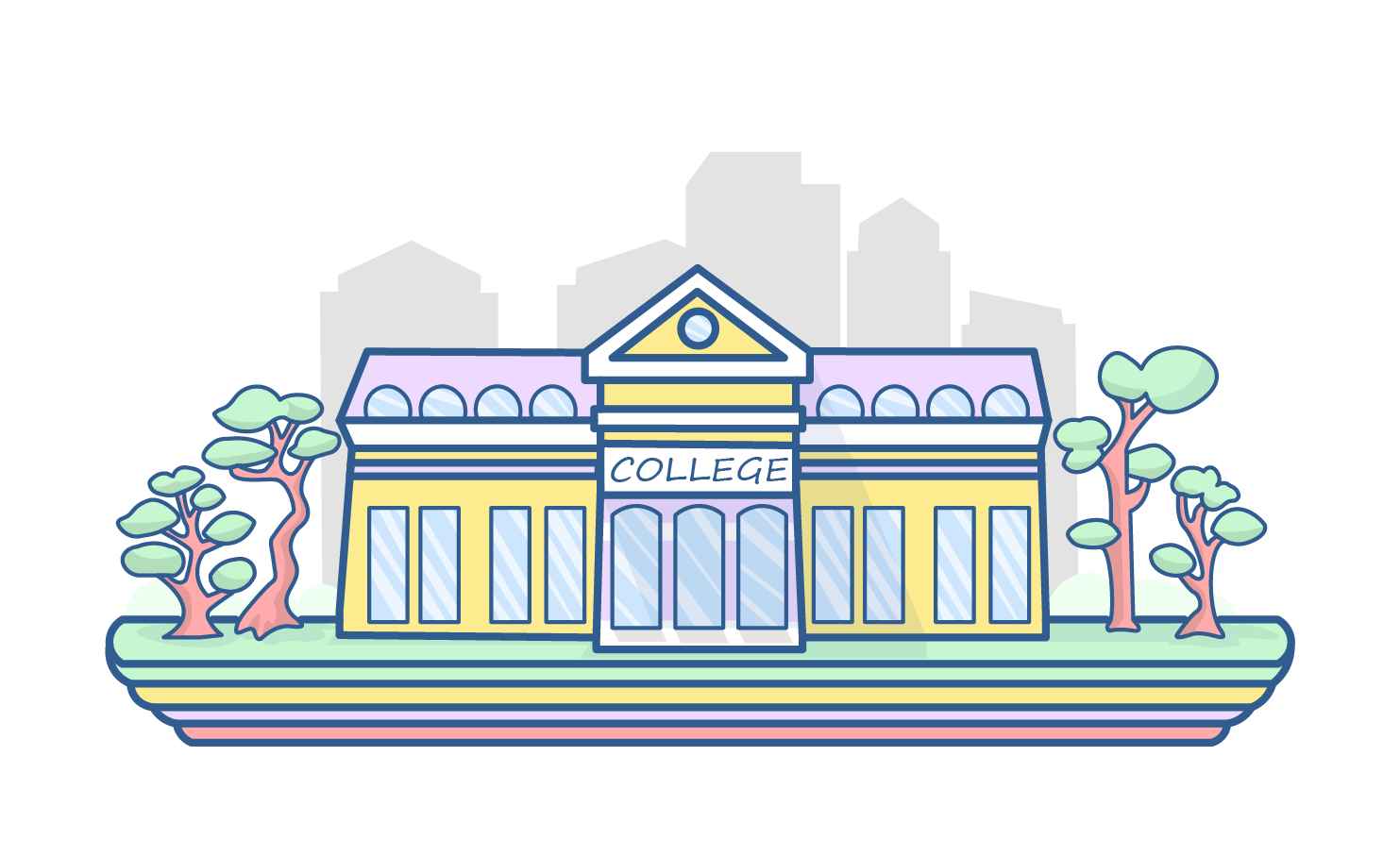Desktop Publisher
Who Is A Desktop Publisher?
A Desktop Publisher is an individual who ensures that all material, whether written or illustrated, is collated into an online/print-ready format that can be cohesive, readable and ready for final print, as per the requirement of the company they are working with. As a desktop publisher, you will be required to enter data into a highly complex back-end system that will go for print in a magazine.
For example, you may be given the task of writing technical content pertaining to a B2B spare parts company and design their brochure for ready-to-print formats.
Roles & Responsibilities
Creating ready to print formats for the document type that needs to be delivered. Such as, if the printer requires a bleed area (blank space) for a newspaper, then the desktop publisher needs to ensure that the format allows for that
Formatting text according to the final output and layout for the document that needs to be published
Ensuring that different languages can be written, published and delivered for one source copy material
Collecting all data required for the final printed product. Suppose you are working to create a company’s annual report, then you need to collect all the data from the organization that which you are working with.
Ensuring data upload and print handover is uploaded via a secure FTP server that has double window access to a server and to your viewable desktop, to keep track of the printing process.
Creating all customer redressal tickets and ensuring that all changes are done according to what the customer requires.
Being compliant with internal and external policies and software requirements for each project that is provided to you.
Being adept with the latest trends and innovations in the DTP industry to be ahead of the competition.
Regularly update all software pertaining to your project or guidelines (Adobe Suite, Word, Technical software, etc.).
Ensuring that photo edits, cover designs, and other creative designs follow brand guidelines and print guidelines. If you are designing a book cover, then following the appropriate logo-to-text ratio, as dictated by the govt., should be kept constant.
Understanding the length of the project and sourcing appropriately sized materials and raw inputs for the requirement.
Ensuring that the lead time of the project doesn’t extend beyond what was offered to the client during the agreement phase.
Take the Mentoria career assessment, to find out how well-suited you are as a Desktop Publisher.
Discover your Ideal future
Get expert guidance and mentorship towards your perfect fit.
What Skills Will I Need To Have To Do This Job Well?
As exciting as this sounds, there are some skills you’ll need to do the job right.
GOOD COMMUNICATION SKILLS
Because there is a lot of transfer of knowledge, information and final deliverables involved, you need to have good communication skills to ask what is required for the project and present the final output in a manner that is marketing and communications friendly.
ATTENTION TO DETAIL
You have to be very meticulous when it comes to designing, editing and writing copy for large publishing houses or corporate projects. Any minor error can have long-term ramifications for the project, and being detail-oriented is a key skill to have while publishing.
DOMAIN EXPERTISE
You have to be able to code, use design tools, and utilize technical software required to conduct DTP projects. You need to ensure that you have enough knowledge about this industry and the requirements that pertain to the field. Not only learning the basics, but also being a master in one particular software or technical back-end is a must.
CREATIVE SKILLS
One of the most important skills to have is creativity on the job. If you are creative enough to design, develop and write beautifully, then you can be adept with the job at hand, and create enough value for the company to get promoted quicker. Few people are creative at a technical job, you need to be one, and you will shine.
ANALYTICAL SKILLS
Quite often data nerds can design, develop and write text, but you don’t really understand why the person is consuming the content that you are developing for publishing. You need to have strong analytical skills to determine the best course of action, the best format and the best necessities for that project to be relevant, and hence succesful.
What Will My Workplace Look Like?
Your work life varies severely, depending on where you work, what role you have and the scale of your job.
As a desktop publisher, your work environment will be majorly office based and you will be constantly communicating with different departments and areas of excellence. You will be constantly in touch with clients, and communicating with them the project milestones pertaining to your project, as and when they are accomplished.
If you’re part of a design agency, then you will be working with large teams that are familiar with your field of excellence and you will have to specialise in your chosen arena. While niching down, you may be asked to manage teams under you, and that will lead to a promotion and higher responsibilities.
What Is My Scope For Career Growth As A Desktop Publisher?
If you are entering the industry for the first time, then you will need to apply as an intern or a starting position at any DTP firm or even within a company. You can work in a design, or text focused environment to hone your skills further and develop connections that can lead to a full-time hire.
After you’ve proven your skills in the entry level role, you can move on to handling more complicated and dense projects, which will require more management or specific skill related expertise. As an example. You may even be in charge of publishing a daily newspaper or a weekly magazine through a software.
Once you’ve had significant experience in the domain, you can work at an organization at a senior publishing level, and manage teams under you from a strategic point of view. You’ll be in charge of the latest innovation adoption as well as hiring new talent that can aid in the publishing side of your business.
Thinking of a career as a Desktop Publisher? Take the Mentoria assessment test & talk to our career counsellors to get personalized step-by-step guidance for your future career path.
How Much Will I Get Paid?
The exact number will depend on where you’re working, your education, skill set and internship experience. But we can give you a general idea.
A desktop publisher can earn between INR 3,00,000 to Rs.4,00,000 per annum in India. At the senior level, you can earn between INR 7,00,000 to Rs. 9,00,000 per annum.
Okay, I'm sold. This is amazing

STEP 1: Class XI-XII/Junior College
Go to high school or junior college, learning the basics of art, design and publishing. You will also need to have a strong curiosity about the publishing space in general.

STEP 2: Graduate Degree
You can choose to do your graduation in your particular domain (Fine arts, graphic design, or creative writing) These are usually 3-year degrees, which can help you in building a solid understanding of the market needs as well as in honing your design/copy skills.

STEP 3: Internships
You can take an internship opportunity after you graduate or while you are at college, to study the field more on the job. You can apply via job sites and social media portals that can provide you with listings related to your field for internships.

STEP 4: Apply for Jobs
Now that you’ve obtained a reasonable amount of internship work and you’re educated at the graduate level, you can start applying for jobs in the field that interests you. Whether its copy, design or an expertise in a particular software, you can apply directly for the job that suits you best.
Congratulations, you are now officially a Desktop Publisher!

STEP 5: Postgraduate Degree
You can expand your knowledge of desktop publishing with a Masters in fine arts, design or publishing. You can look at pursuing a Diploma in Publishing as well. Alternatively, if you are working in a large firm, then obtaining an MBA for a management style role may be in your purview too.
Sign Up for Mentoria - India’s Most Reliable Career Discovery Platform
Mentoria promises to handhold you during your career discovery journey - from the time you sign up until you get into a career you love.
Discover your Ideal future
Get expert guidance and mentorship towards your perfect fit.


